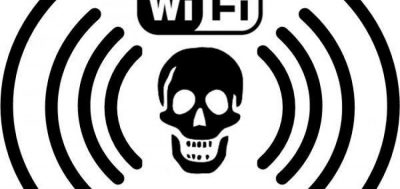Is Wi-Fi Sickness a Disability? California Appellate Court Holds that It Is Under FEHA

All Global Research articles can be read in 27 languages by activating the “Translate Website” drop down menu on the top banner of our home page (Desktop version).
***
Is Wi-Fi sickness a disability? The California Court of Appeal just said it is in Brown v. Los Angeles Unified School District (2d Dist., Div. Eight), Case No. B294240. In a case that tests the limits of California’s liberal pleading standard, the appellate court green-lighted a claim of a woman who asserted a disability of “electromagnetic hypersensitivity,” or, as the concurring justice put it, “Wi-Fi sickness.”
The trial court had sustained a demurrer, granting judgment for the employer, a school district. The appellate court revived the plaintiff’s claim for failure to provide a reasonable accommodation.
The court acknowledged that it is likely the first to recognize Wi-Fi sickness as a disability under laws against discrimination. In fact, the court discussed contrary federal court authority, distinguishing those cases by concluding that the definition of “disability” in California’s Fair Employment and Housing Act is broader than in the Americans with Disabilities Act.
Apart from the holding that Wi-Fi sickness is a disability under FEHA, California employers should take note of the facts alleged about the failure to provide a reasonable accommodation.
After the school district installed a new Wi-Fi system, the plaintiff teacher complained of headaches and other symptoms caused by exposure to the electromagnetic waves. The school district initially tried to accommodate the teacher by turning off the Wi-Fi in her classroom and an adjacent one. The teacher said that her symptoms persisted and asked for additional accommodations. By that point, the school district’s consultant had reported that the Wi-Fi and radio frequencies at the school “evidenced a safe and non-hazardous working environment.” Based on that report, the school district did not grant any further accommodation, and the teacher sued.
In his concurring opinion, Justice Wiley expressed reluctance “about giving any sort of green light to this unprecedented and unorthodox disability claim.” But that’s exactly what the court did.
The decision serves as a reminder of just how easy it is to survive a pleading challenge in California.
*
Note to readers: please click the share buttons above or below. Forward this article to your email lists. Crosspost on your blog site, internet forums. etc.

